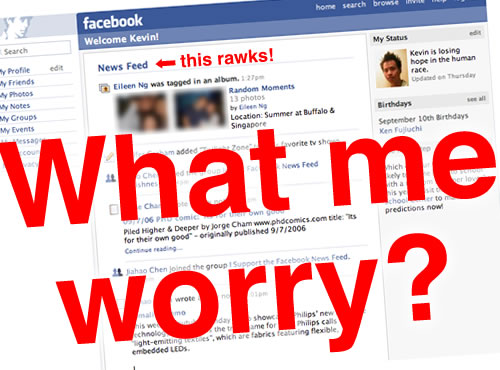
With the February 5 Democratic primary election less than one week away, the city is caught in the grip of Barack Obama fever. Just going about one’s daily business shows that this phenomenon has reached epidemic proportions. Obama signs adorn the windows of homes and businesses in every borough, from the most palatial brownstones to the dingiest corner mom-and-pop stores. I have even seen earnest young musicians playing songs in the subway for money to donate to the Obama campaign. It’s clear that after eight years of conservative misrule under George W. Bush, New Yorkers (and most Americans for that matter) are desperate for a leader that promises to change the direction our country is heading in and address our foremost concerns – making the economy fairer, ending the war in Iraq, providing affordable healthcare to every American. And as the media endlessly intones, Barack Obama has forcefully laid claim to this mantle of “change,” no matter how nebulously defined.
In his often moving speeches and writings, Obama stresses that his personal history and his mixed-race heritage uniquely position him as the presidential candidate most capable of moving the country in a more progressive direction. There is some merit in this claim. As he likes to remind us, he did spend time as a community organizer in Chicago after graduating college, and in the Illinois state senate he sponsored or helped shepherd along important pieces of progressive legislation on a range of issues. During the run-up to the Iraq war in 2002 he spoke out forcefully against the Bush administration’s imperial misadventure. This is all to his credit.
But upon further examination, Obama clearly is not the unabashedly progressive champion that he and his supporters make him out to be. In an important piece published in 2006 before he launched his presidential campaign, Harper’s Magazine investigative journalist Ken Silverstein shows that even before Obama burst onto the national scene with his keynote speech at the 2004 Democratic convention, his transformation from a progressive outsider to a Washington hack all too willing to lend support to the causes nearest and dearest to the heart of corporate America. In 2005, he voted against an amendment that would have ended loan guarantees for an Illinois-based nuclear power company that has contributed handsomely to his campaigns. He also voted for a Republican “tort reform” bill that placed additional restrictions on class action lawsuits, and since he acquired a national profile he has steadily moved away from his formerly strong position in opposing the Iraq war. While he has called for the removal of all “combat troops,” he favors keeping a “quick strike force” in place to protect American interests and fight against “terrorists,” real and imagined. This is not an argument for withdrawal, but rather an endorsement of the indefinite continuation of the occupation of Iraq. And his healthcare plan does not involve universal coverage of any kind and does nothing to confront the entrenched power of the medical and pharmaceutical lobbies.
What’s happening is that many people who want to dig America out of the hole Bush has put us into over the past eight years have turned Obama into a kind of political Rorschach test. Desperate for a glimmer of hope after eight dark years under Bush, we have projected all of our hopes for a better country onto him and worked ourselves into a state of irrational exuberance at the prospect of an Obama presidency, as if he can single-handedly make the “change we can believe in” (as if he actually believes in the kind of change that many of his supporters want to see) happen. You can see it in the language used by Caroline and Teddy Kennedy in their endorsements of him. In their eyes, he’s the living reincarnation of the hopes and dreams of the 1960s generation, whose deepest aspirations died in the killing fields of Vietnam and the burning streets of America’s ghettos. If Obama is indeed elected president this fall, he will inevitably disappoint everyone who has invested him or herself emotionally in his campaign by showing that contrary to his rhetoric, he’s really just another establishment politician. I’m afraid that the resulting disillusionment could demobilize the progressive forces who have rallied to his campaign and do even more to damage our chances for effecting bold and far-reaching change in the years ahead.
Now that my top two candidates John Edwards and Dennis Kucinich are both out of the race, I will likely cast a vote for Obama in Tuesday’s primary as an anti-Hillary gesture because she’s even worse than he is. I would encourage others on the democratic left to do the same, but let’s be mindful of what our role this election season should be. If Obama indeed becomes the Democratic nominee, let’s support his candidacy but do our best to encourage others to put down the Kool-Aid and lower their expectations. Ultimately it’s the social movements doing the tedious, unglamorous work of organizing that will determine just how responsive to the needs of ordinary people he or any other politician will be.



